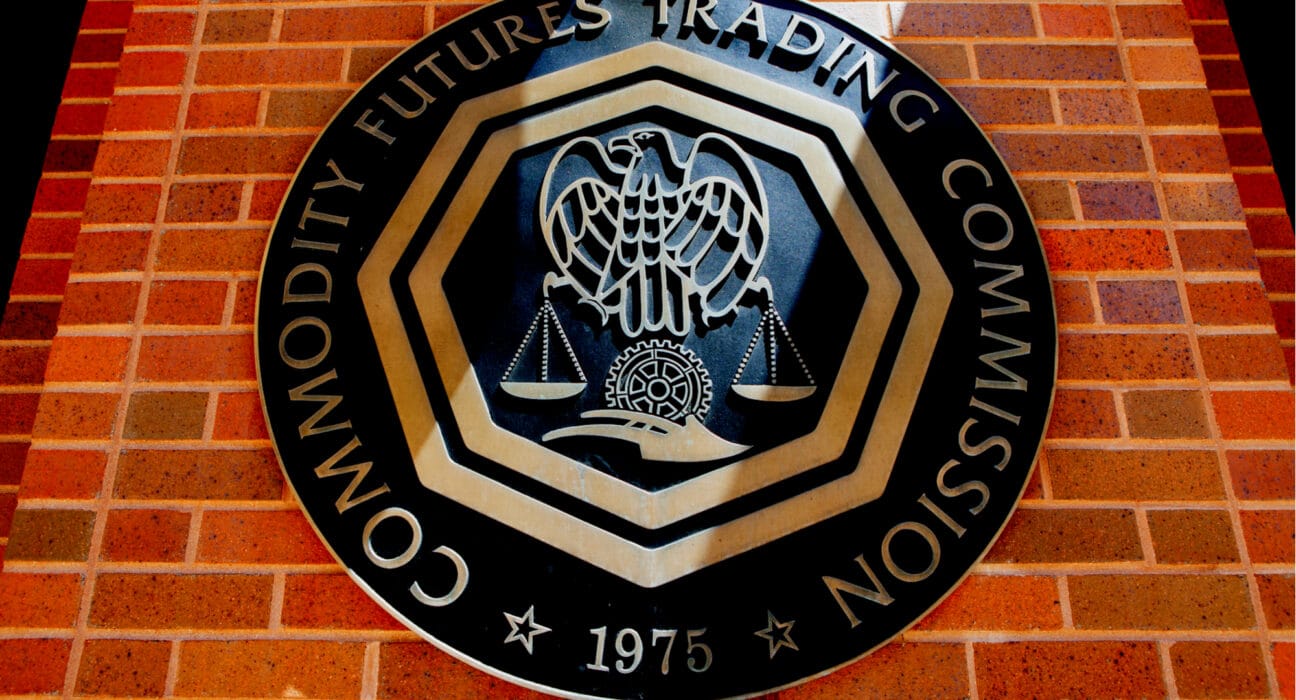CFTC Files Enforcement Action Against PaxForex for Unlawful Commodity Transactions
The Commodity Futures Trading Commission (CFTC) has filed a civil enforcement action against Laino Group Limited, operating under the name PaxForex, for engaging in unlawful retail commodity transactions and failing to register as a futures commission merchant (FCM).
Filed in the U.S. District Court for the Southern District of Texas, the complaint highlights PaxForex’s involvement in leveraged retail transactions for cryptocurrencies and commodities, including Bitcoin, Ether, Litecoin, gold, and silver, without adhering to the required regulations.
CFTC’s Allegations Against PaxForex
The CFTC’s complaint details the following charges against PaxForex, a company registered in St. Vincent and the Grenadines:
1. Unlawful Retail Commodity Transactions
From at least March 2018 to present, PaxForex allegedly offered and executed leveraged retail commodity transactions involving:
- Digital assets: Bitcoin (BTC), Ether (ETH), and Litecoin (LTC)
- Precious metals: Gold and Silver
These transactions violated the Commodity Exchange Act (CEA) because they were not conducted on a registered board of trade or a CFTC-designated contract market, as required by U.S. law.
2. Acting as an Unregistered Futures Commission Merchant (FCM)
PaxForex, through its employees and agents, allegedly acted as an FCM by:
- Soliciting and accepting orders for retail commodity transactions.
- Acting as the counterparty for these trades.
- Extending credit or accepting payments in the form of Bitcoin and other assets for margin trades or contracts.
Despite its activities meeting the legal definition of an FCM, PaxForex failed to register with the CFTC, violating CEA requirements.
CFTC’s Goals and Remedies in the PaxForex Case
The CFTC is seeking the following remedies in its case against PaxForex:
- Disgorgement of Ill-Gotten Gains: Reclaim profits PaxForex obtained through unlawful activities.
- Civil Monetary Penalties: Financial penalties for violations of the CEA.
- Restitution: Compensation for affected customers.
- Permanent Trading and Registration Bans: Prohibit PaxForex from participating in registered trading markets.
- Permanent Injunction: Prevent further violations of the CEA and related CFTC regulations.
Preserving Market Integrity
The CFTC’s Division of Enforcement Director, James McDonald, emphasized the importance of upholding registration requirements:
“This action shows the CFTC’s continued commitment to ensuring that entities offering leveraged, retail transactions within our jurisdiction—including those involving digital assets—register with the CFTC. We will vigorously enforce these requirements to preserve market integrity and protect customers.”
Why Registration Matters: Protecting Market Participants
The CFTC warns the public to exercise caution when engaging with unregistered entities like PaxForex. Companies that operate as FCMs without proper registration often lack the oversight and protections necessary to safeguard customer funds.
How to Verify Registration
The CFTC strongly urges customers to verify a company’s registration status before investing funds. The National Futures Association (NFA) BASIC system allows users to check a company’s registration and disciplinary history.
Steps to Verify a Company:
- Visit the NFA BASIC website.
- Enter the company name or registration details.
- Review the registration status and any associated warnings.
Why the PaxForex Case is Significant
The enforcement action against PaxForex highlights the CFTC’s ongoing focus on regulating:
- Cryptocurrency Trading: PaxForex’s transactions in Bitcoin, Ether, and Litecoin reinforce the CFTC’s jurisdiction over digital assets classified as commodities.
- Retail Commodity Transactions: Leveraged and margined trades require strict compliance with CEA regulations to protect customers and maintain market transparency.
- Market Integrity: Unregistered platforms pose risks to traders and investors, especially in volatile markets like cryptocurrency and commodities.
Impact on Crypto and Commodities Markets
This case demonstrates the CFTC’s commitment to overseeing transactions involving digital assets. As cryptocurrencies gain mainstream adoption, regulatory agencies like the CFTC are actively working to enforce compliance and ensure investor protection.
Public Awareness: Reducing Risks in Trading
The CFTC’s action against PaxForex serves as a warning to both traders and unregulated platforms:
- For Traders: Verify a platform’s regulatory status before trading digital assets or commodities.
- For Platforms: Failure to comply with CFTC registration requirements can result in significant penalties and legal actions.
Key Takeaways for Investors
- Always trade on registered platforms to ensure security and regulatory compliance.
- Be cautious of platforms offering leveraged or margin trading without clear regulatory approval.
- Use tools like the NFA BASIC database to research a company’s history and registration status.
CFTC and Law Enforcement Collaboration
The CFTC expressed gratitude to the U.S. Attorney’s Office for the Southern District of Texas and the Federal Bureau of Investigation (FBI) for their assistance in the PaxForex investigation.
Enforcement Team
The Division of Enforcement staff members responsible for the PaxForex case include:
- Harry E. Wedewer
- Christopher Giglio
- Candice Aloisi
- Lenel Hickson
- Manal Sultan
Additionally, Devon Malinowski and Salma Mack from the CFTC’s Office of Data and Technology provided support for the case.
Conclusion
The CFTC’s civil enforcement action against PaxForex underscores the importance of regulatory compliance in commodity and cryptocurrency markets. By allegedly engaging in unlawful retail commodity transactions and failing to register as an FCM, PaxForex put investors and market integrity at risk.
The CFTC’s actions aim to hold PaxForex accountable while reinforcing its commitment to protecting customers and maintaining fair, transparent markets. Traders and investors are urged to exercise caution, verify regulatory status, and only use platforms that comply with U.S. laws.
To learn more about the innovative startups shaping the future of the crypto industry, explore our article on latest news, where we delve into the most promising ventures and their potential to disrupt traditional industries.
Disclaimer: The information provided is not trading advice, Bitcoinworld.co.in holds no liability for any investments made based on the information provided on this page. We strongly recommend independent research and/or consultation with a qualified professional before making any investment decisions.




